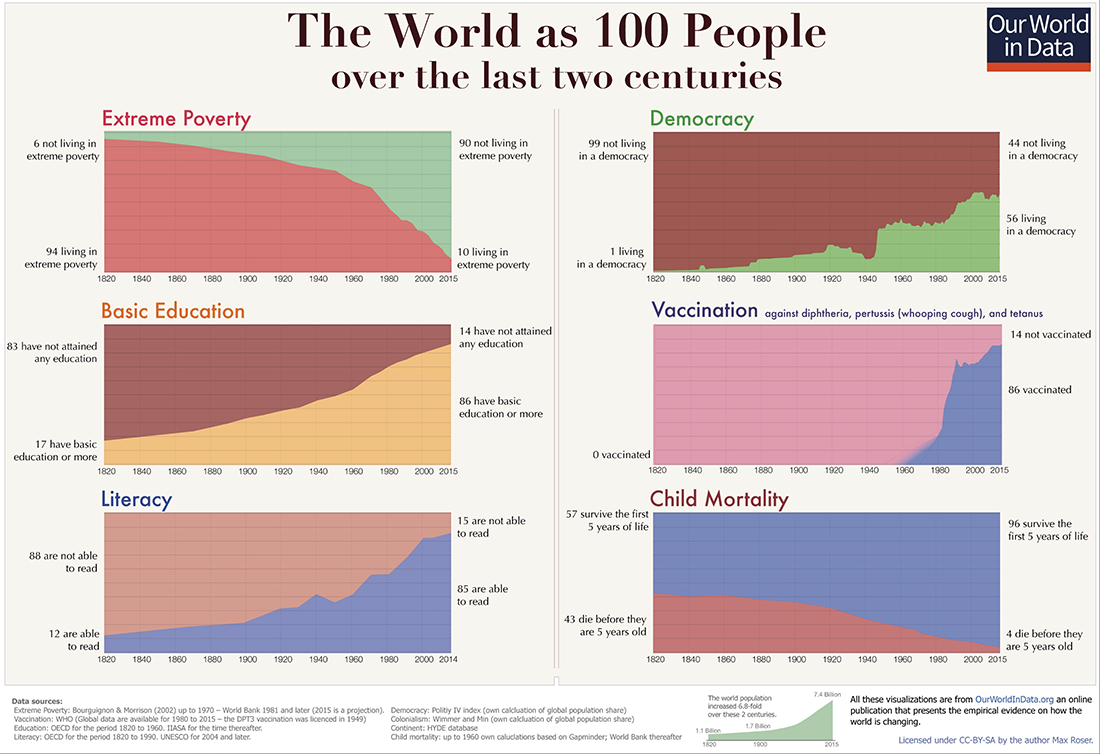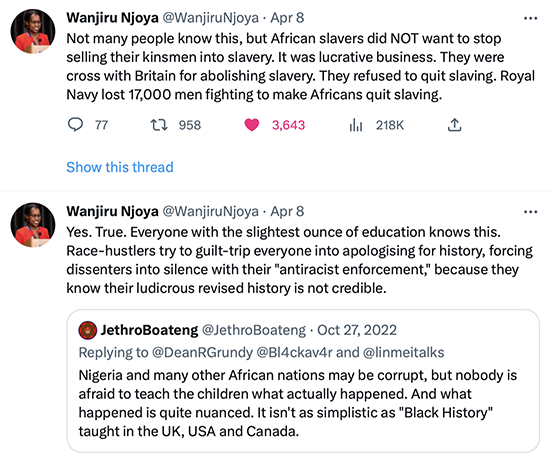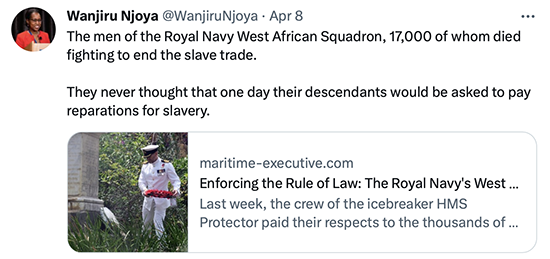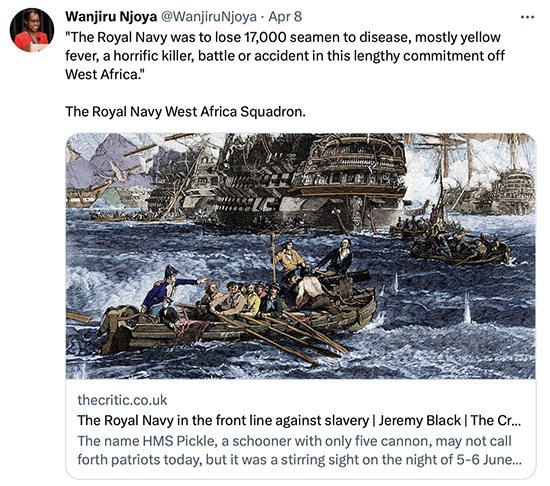Blueprint for Canada is a major public policy experiment designed to give Canadians a voice. If you support the majority of positions taken on this platform please share our website with your social network both online and in real life. Most importantly, please consider emailing this website's address (www.blueprintforcanada.ca) to your elected representative and ask them to make the "Blueprint for Canada" K-12 education platform policies the standard for public education in your province or territory. Find your local Member of the Provincial Parliament (MPP), Member of the Legislative Assembly (MLA), or Member of the National Assembly (MNA) (Quebec) here. Add your voice today to those of tens of thousands of other parents, grandparents, legal guardians, and concerned citizens all across the country standing up for Canada.
As school board trustees we will
advocate for the following:
- We will advocate for our public schools to teach an accurate balanced view of the harms and benefits of the European colonial period in history.
- We recognize that for some a defence of the colonial period may seem controversial. Nevertheless, we feel it is necessary. Far too many irresponsible activists and influencers use the narrative of "colonialism" to denigrate and delegitimize Canada as a nation. We will not accept this one-sided juvenile understanding of history. Canada is worth fighting for. We are one of the very few countries in the world where people of all ethnicities, religions, and races live together in peace. We are a multi-cultural success story. That alone is worth defending. As trustees, we will implement policies to ensure students are taught both the bad (slavery, resource exploitation, etc) and the good (scientific and technological advances, the Enlightenment, democratic government, etc) manifestations of the colonial period. If teachers fail to do this they are not teaching true history, but rather ideology. In short, Canada’s young people should be taught to feel a profound sense of pride in their country and certainly not one of shame.
- We will reject critical race theory based training materials supporting the idea of "ancestral guilt" which suggests or implies that today's students, regardless of their race or ethnicity, have any responsibiltiy for historical events occurring decades or centuries before they were born.It makes as much sense to blame a Japanese child for the attack on Pearl Harbour as it does to blame a child of European heritage for events which transpired in the colonial era centuries ago.
An interview with Thomas Sowell on the impact of colonialism.
A brief history of the Japanese colonialism."The rise of Imperial Japan."
Teaching about the colonial period.
Those who seek to divide people today based on the ideas of critical race theory often weaponize the European exploitation and abuses of the colonial era as an excuse to shame students of European ancestry. As school board trustees, we will endeavour to change the narrative around how colonialism is taught in our public schools. This shaming isn't even remotely justified. Students must learn that as human civilization developed the most dominant cultures worldwide engaged in rampant colonialism, pervasive warfare, practiced slavery, and committed all manner of what we would today view as flagrant human rights abuses. It must be acknowledged that western culture which has over time become dominant worldwide also engaged in a long period of conquest and slavery during the colonial era. However, it must also be noted that those countries rooted in the western cultural tradition were also the first in the history of human civilization to formally abolish slavery throughout the 1800s.
The colonial period should be recognized as having a mixed legacy. The exploitation of wealth and human rights abuses targeting indigenous populations in colonized countries must be fully acknowledged and never be diminished. However, it must also be acknowledged that the most significant impact of colonialism was simply that it created the modern world. The technological and scientific advancements of our modern age would likely not have happened otherwise and certainly not within the same timeframes. Billions of people have been lifted out of abject poverty around the world. Early child mortality has been dramatically reduced around the world. Food production has dramatically increased worldwide. Those countries in the developing world most directly impacted by the colonial era are now far more likely to have modern highways, rail roads, schools, hospitals, and democratic governments. One might consider where humanity would be today if the colonial era has never happened.
On balance, the legacy of colonialism has manifested itself in many positive ways which students should be free to consider and reflect upon. Doing so will also deny an ideological weapon to those who promote the idea of "ancestral guilt" to shame students based on their heritage for the abuses of the period and use them to perpetuate race-based divisions today.
We are aware that some ideologues will claim that our position is an attempt to "whitewash" history, "white fragility", or simply an attempt by parents of European ancestry to prevent their children from being subjected to guilt for events which occurred long before they were born. We categorically reject these juvenile suggestions. The real reason most parents, regardless of their race or ethnicity, have raised concerns about extreme ideological narratives being taught in our schools can be found here.
Those who teach Canada's complex history have a responsibilty to acknowlege the overall postive impact of colonialism while not diminishing the harm and trauma experienced by indigenous populations worldwide during this same period.

There can be little doubt that some Catholic priests and nuns failed in maintaining their vows of celibacy. While most were caring and commited to the well being of their students we acknowledge that some indigenous children suffered physical and sexual abuse in Canada's residential schools. As trustees, we will work to support good faith efforts at reconciliation in our public schools to help the survivors and their families.
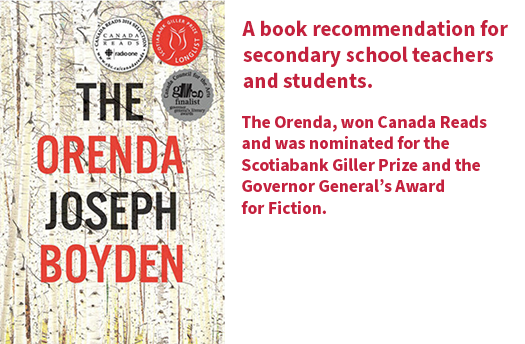
"The Orenda illuminates the shadowy moment of our inception as a country. It forces us to bravely consider who we are. The Orenda is much more than a timely novel. It is a timeless one; born a classic.” - The National Post
“An epic worthy of Herodotus or Sima Qian, and by its ardour and high seriousness The Orenda declares it an equal to any ancient Greek or Chinese account of empires rising and falling.” - Globe and Mail
“A beautifully written Canadian epic.” - Adrienne Clarkson
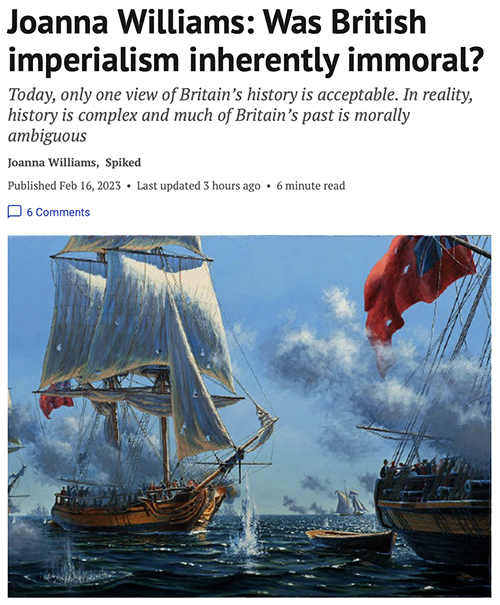
The design and construction of large vessels capable of long-distance ocean crossings during the age of sail required the development of technical expertise in many disparate areas. These included marine architecture, mathematics, carpentry, metallurgy, and weaponry. Operation of these vessels required an advanced understanding of cartography, navigation, logistics, food preservation, strict crew discipline, and credit/financing systems to fund their expeditions. How did the complex social structures necessary to achieve these technical advances evolve over the course of prior centuries to allow for the construction of such ships in Europe at the time?
Those who attack the colonial era fail to ask the more fundamental question... Why were European powers of the day in a position to engage in colonization in the first place as opposed to being colonized themselves be other cultures?
The answer to this question is complex and does not lie in notions of racial superiority. We recommend "Guns, Germs, and Steal" by Jared Diamond which offers some important insights and potential partial answers.

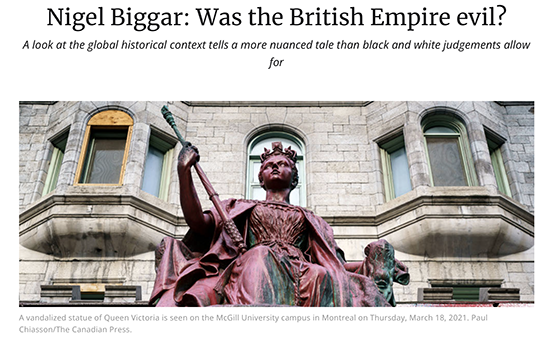

A brief history of the Roman Empire's colonialism."The rise and fall of the Roman Empire."
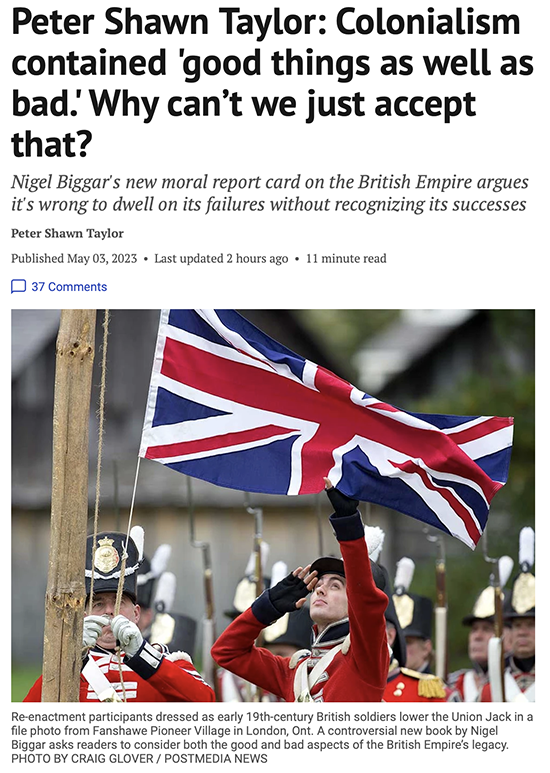
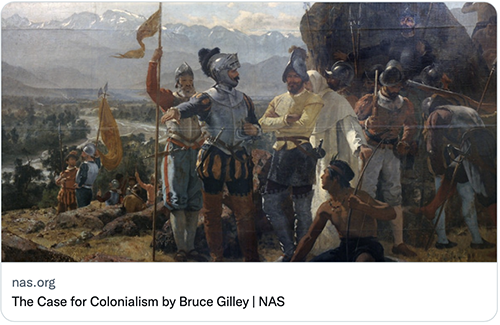
An excellent article by Bruce Gilley (Professor of governance & public policy.) on the overall benefits of the colonial period: "The notion that colonialism is always and everywhere a bad thing needs to be rethought in light of the grave human toll of a century of anti-colonial regimes and policies."
“…significant social, economic, and political gains under colonialism: expanded education; improved public health; the abolition of slavery; widened employment opportunities; improved administration; the creation of basic infrastructure; female rights; enfranchisement of untouchable or historically excluded communities; fair taxation; access to capital; the generation of historical and cultural knowledge; and national identity formation, to mention just a few dimensions."
-

This outstanding article was written anonymously by a Canadian teacher. We call for the teaching of historical truth undistorted by extremist ideology.
Decolonize: But only Sometimes. A Broader View Of World History Puts Oppression In Perspective
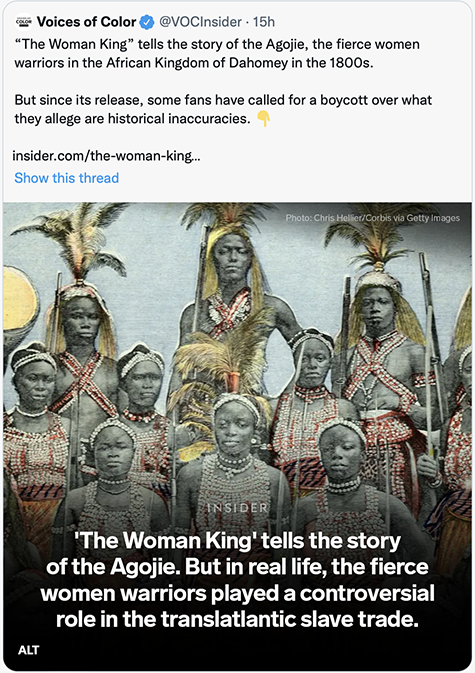
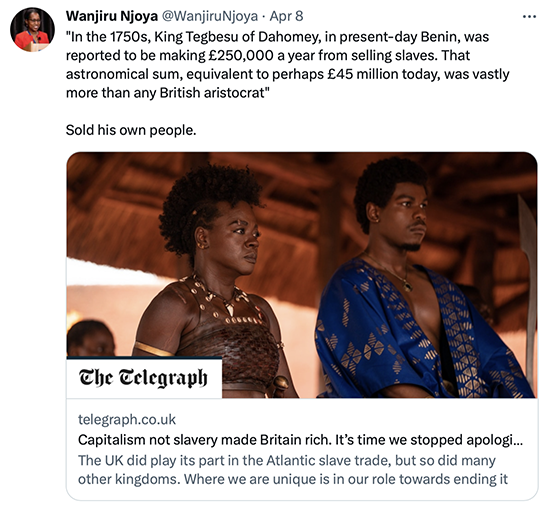
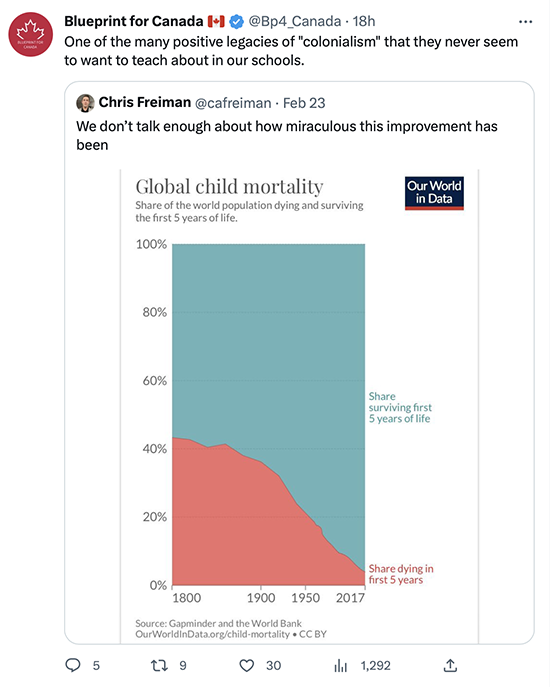

Facts they won't teach your kids in school...
— Blueprint for Canada 🇨🇦 (@Bp4_Canada) March 31, 2023
Nearly every civilization in human history engaged in the practice of slavery. Western culture also did so for a time before becoming the first civilization in all of human history to abolish this vile practice in the 1800's. https://t.co/f9U26m9ApN

